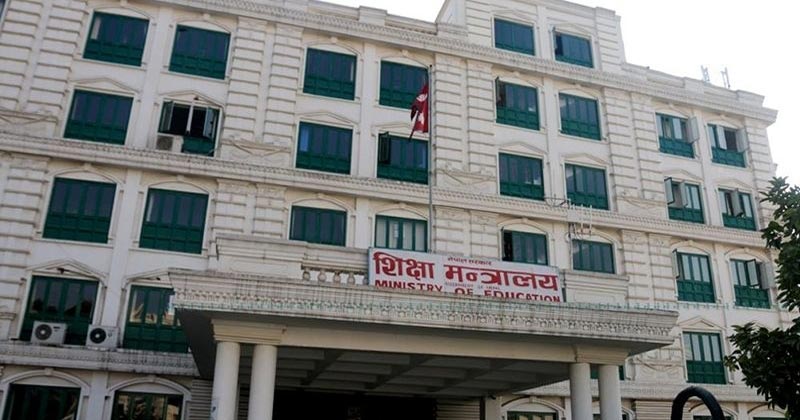
Comprehensive Analysis of Nepal's New School Education Bill 2080
In a move that aims to reshape the landscape of school education in Nepal, the Government has introduced a groundbreaking School Education Bill on September 13, 2023. The bill, which was eight years in the making, addresses a plethora of issues from the role of private schools to the appointment of teachers. This comprehensive guide breaks down the key takeaways from the bill.
Shift Towards Non-Profit Education
Pivotal Move to Guthi: The bill encourages the transformation of about 8,000 private schools into Guthi, a non-profit system. This shift aims to make education more accessible and diminish commercialization.
Restriction on New Private Schools: The government will no longer allow the establishment of new private schools operating under company law, putting a halt to profit-driven education in Nepal.
Empowering Municipalities and Local Levels
Decentralization of Authority: Previously, the establishment of schools was managed by the district education office. Now, municipalities have gained more control. They can set up public schools, manage teachers, and oversee operations, albeit within national standards.
Financial Resources Requirement: Before setting up public schools, municipalities have to ensure they have the necessary financial resources for the establishment, operations, and payment of teachers.
Special Provisions for Inclusive Education
Educational Support for Children with Disabilities: Provisions are made for mobile and open schools in geographically difficult places to assist children with special needs.
Model Schools Fund: Model or specialized schools can now be established and operated from Nepal’s welfare fund, thereby guaranteeing quality education in diverse domains.
Regulatory Measures on Private and Foreign Schools
Fee Regulation: The bill imposes restrictions on the fees charged by private schools, aligning them with national standards and local regulations.
Foreign Board Schools: The bill addresses the murky legal status of the 14 schools affiliated with foreign boards, mandating that they operate strictly under prescribed regulations.
Revamping Teacher Recruitment and Responsibilities
Licensing and Qualification: All teachers must possess a teaching license. Basic level teachers should have Master's level qualifications.
Inclusive Hiring: Special arrangements are in place to make teacher recruitment more inclusive, with a specific focus on empowering women in the profession.
Political Neutrality: The bill prohibits teachers from engaging in political activities, ensuring that the educational environment remains impartial and focused on learning.
Financial Aspects
Public School Fees: A strong move towards free education, the bill ensures that public schools will not charge any fees from students.
Teacher’s Salary: The salary structure for teaching staff in private schools will be determined by local levels, consistent with the minimum wage and social security provisions.
Overhauling Examination Systems
Local Level Exams: The bill proposes that exams for Class 8 and Class 12 will be conducted by the local level, marking a departure from traditional centralized examination systems.
Abolishment of SEE Office: The 90-year-old SLC/SEE examination control office for Class 10 will be abolished. Instead, respective schools will conduct the examinations.
Conclusion
This ambitious bill aims to overhaul Nepal’s education system, making it more equitable, decentralized, and quality-focused. However, the bill has also met resistance from various stakeholders like private school operators and local representatives. As it awaits parliamentary approval, the nation watches closely, well aware that the decisions made now will shape the educational landscape for generations to come.
This thorough analysis aims to provide insights into Nepal's School Education Bill 2080, helping stakeholders, including parents, teachers, and administrators, to understand the forthcoming changes.





